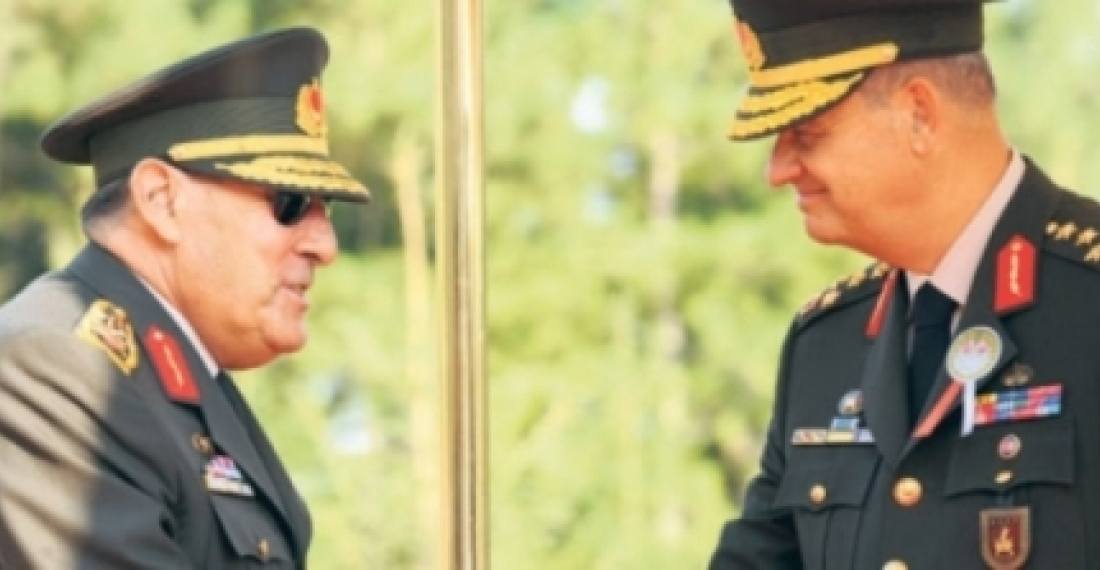- Armenia-Azerbaijan Strategic Expert Platform: Members emphasise the importance of the present moment for the South Caucasus and call for the momentum to be used for the long-term peace and prosperity of the region
- Thursday Interview: Dr. Anar Valiyev
- Food insecurity in Somalia has nearly doubled in the past year
- Türkiye evaluating potential measures in case of a US-Iran conflict
- European Parliament reaffirms support for Ukraine and EU Path
- EU moves ahead with Ukraine loan preparations despite Hungarian block
Generals under fire: For decades the Turkish military thought they were the government and the politicians were simply a necessary irritant

The news that two former chiefs of the Turkish Armed Forces were being investigated for criminal offences, would, only a few years ago, have triggered a major crisis in Turkey. For decades the situation in Turkey was such that it was not a question of the military meddling in government – the military thought they were the government and that the politicians in Cankaya were simply a necessary irritant. Turkey has gone a long way in a very short time and all that is now changed.
This week the Turkish media reported that retired Gen. Büyükanıt will be investigated over his suspected involvement in a 2005 bombing, while retired Gen. Başbuğ might face accusations about his role in setting up websites backed by the military to disseminate anti-government propaganda. The time when the Turkish Army was above the law is now well and truly over.
That can only be good news, not only for Turkey, but also for its neighbours. Turkey’s power is now not only calculated in military terms but also in economic and political terms. Even Turkish civil society, for long meek and oppressed is fast coming into its own making the prospect of Turkish “soft power” a reality. Turkey is also a candidate member of the European Union. Despite the difficulties encountered by the accession process, and spokes in the wheels put by those in the EU and in Turkey who would like this not to happen, Turkey’s membership is a historic inevitability.
Europe has been much humbled by the Euro crisis and the wider economic malise. Opponents of Turkish membership will have to rethink.
In Turkey too there are those who see the diminished role of the military not as a victory for democracy, but rather as an opportunity to undermine the secular nature of the Turkish state. In truth there is no apetite for this in Turkey either, except on the fringes of the AK party.
There are still important issues that the Turkish state needs to come to terms with, not least the issue of the rights of the Kurdish people within the Turkish state. It is a challenge that Prime Minister Erdogan should embrace.
A strong, democratic, secular Turkey, at peace with itself will contribute massively to positive developments in the Caucasus and the Middle East. Holding the generals to account is a step in the right direction. There are however many other steps ahead.
Prepared by the editorial team of commonspace.eu
Photo: Retired Generals Yaşar Büyükanıt (L) and İlker Başbuğ, both of whom served as chiefs of General Staff. (courtesy of Todays Zaman)
(c) commonspace.eu








